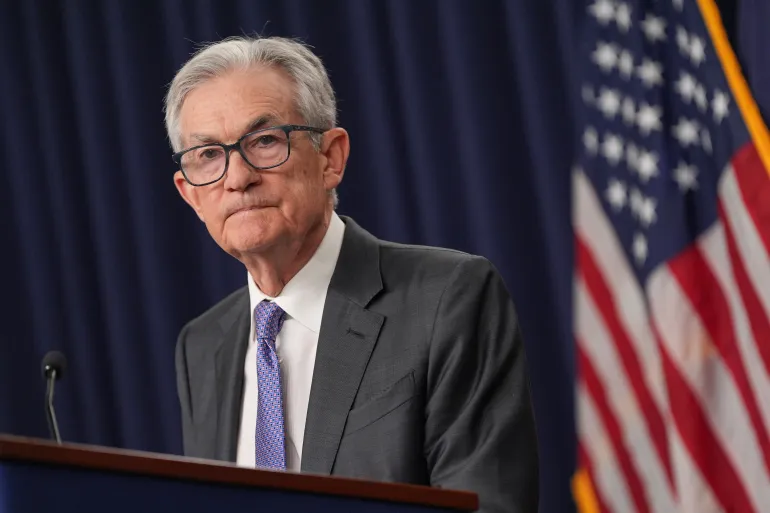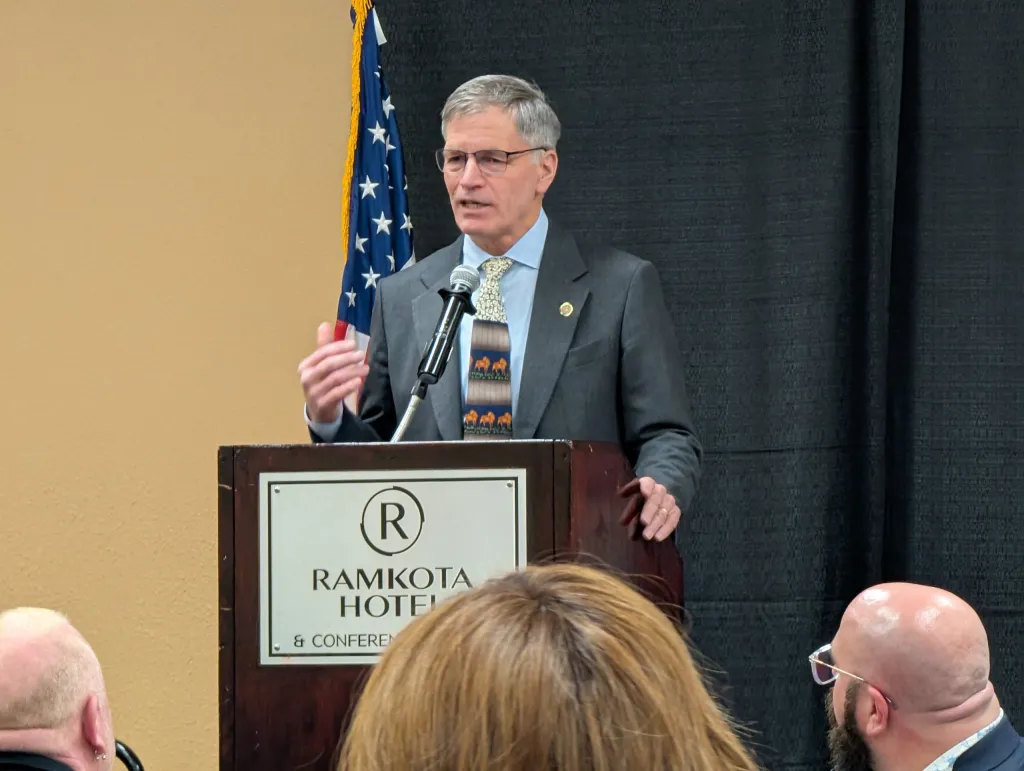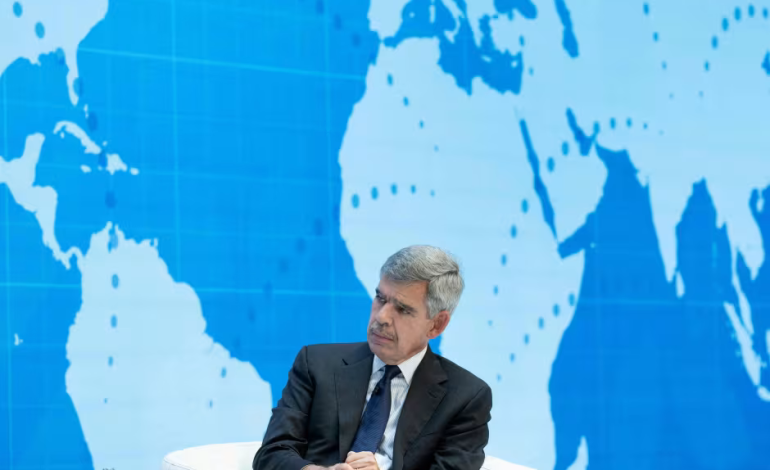Mohamed El-Erian, a prominent economist and former CEO of investment firm Pimco, says that while the United States’ status as an economic outlier is under pressure, it has not been permanently lost, Market Watch reports.
Speaking in an interview with MarketWatch, El-Erian described the era of US exceptionalism as “on pause,” rather than definitively over.
“It’s too early to say if the damage inflicted is irreversible,” he said, pointing to trade policy uncertainty and global investor unease.
El-Erian, currently president of Queens’ College at the University of Cambridge and a candidate for the university’s chancellorship, emphasized the need for clarity and consistency in economic policymaking.
He expressed conditional support for tariffs, noting they could be useful in creating fairer trade relationships if applied in a focused and time-bound manner. However, he criticized the US trade wars for pursuing too many, sometimes contradictory, goals—such as raising revenue while simultaneously shielding domestic industries. This strategy, he warned, risks unintended global consequences, including retaliatory tariffs and structurally higher global prices.
El-Erian also weighed in on the recent retreat by international investors from US assets amid market volatility and policy shifts. While acknowledging this movement, he questioned whether it represented a strategic reallocation or a temporary adjustment. He argued that US strengths—such as a large, dynamic economy and a reputation for innovation—have historically justified a strong global investment preference for American markets.
Despite recent fiscal pressures and debt concerns, El-Erian maintained that the US retains foundational advantages. In particular, he defended the country’s record of technological advancement, contrasting it with other low-interest economies like Europe and Japan that have not produced comparable breakthroughs in productivity-enhancing innovations such as artificial intelligence.
When asked about rising long-term interest rates, including the 30-year Treasury yield reaching 5%, El-Erian noted that policymakers like Federal Reserve Chair Jerome Powell and Treasury Secretary Scott Bessent have limited control over the long end of the yield curve. He acknowledged that the Fed could resort to quantitative easing in a crisis, but warned such measures carry risks in today’s inflationary environment.
“The artificial suppression of interest rates,” El-Erian cautioned, “can lead to capital misallocation, moral hazard, and the persistence of inefficient ‘zombie’ firms.”
While this strategy was more acceptable in the post-2008 low-inflation world, today’s economic backdrop presents different challenges.
El-Erian’s comments came just before Moody’s downgraded the US credit rating, following similar moves by other major agencies. While calling the downgrade “historic,” he suggested that the market impact would likely be limited.










The latest news in your social feeds
Subscribe to our social media platforms to stay tuned